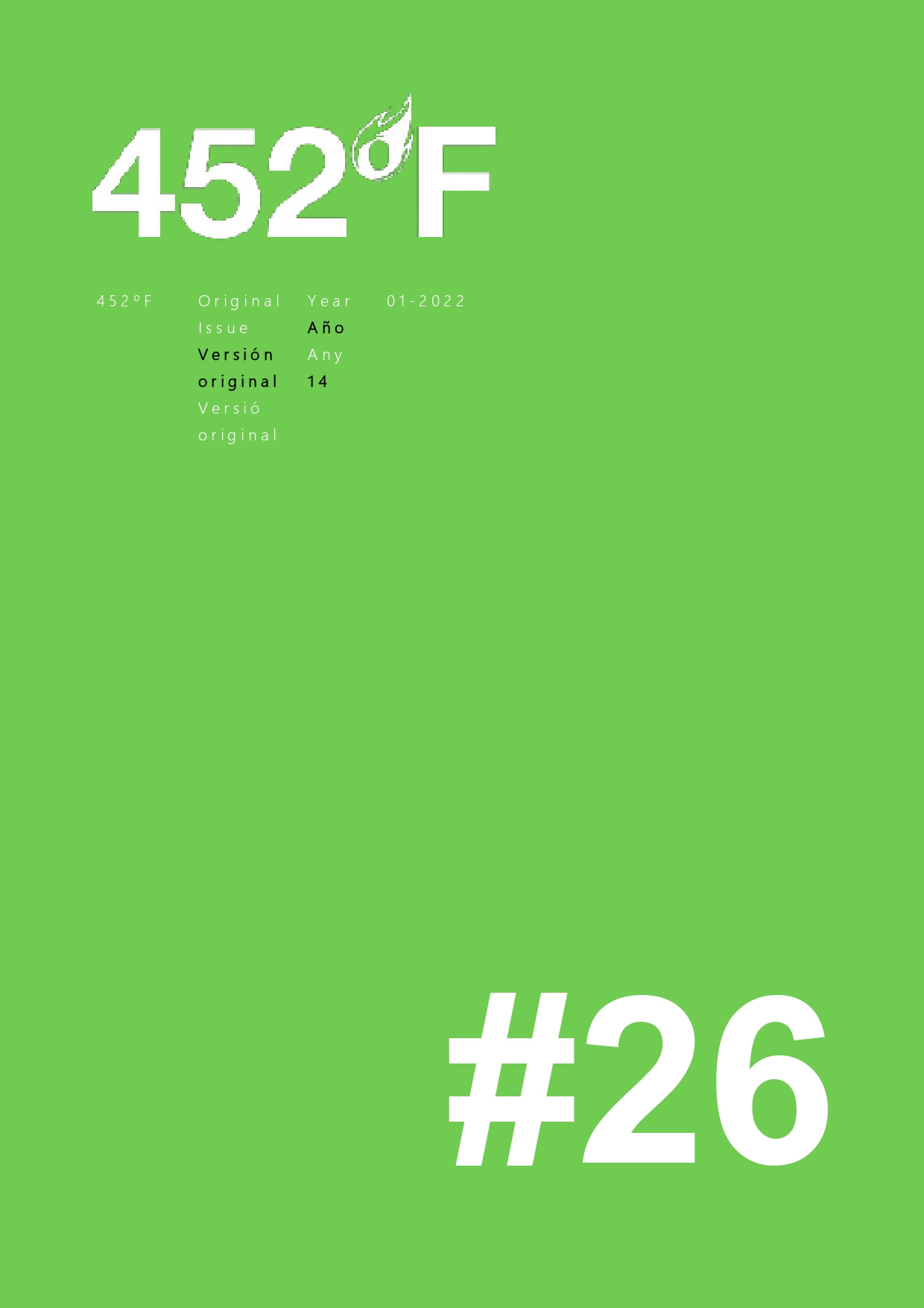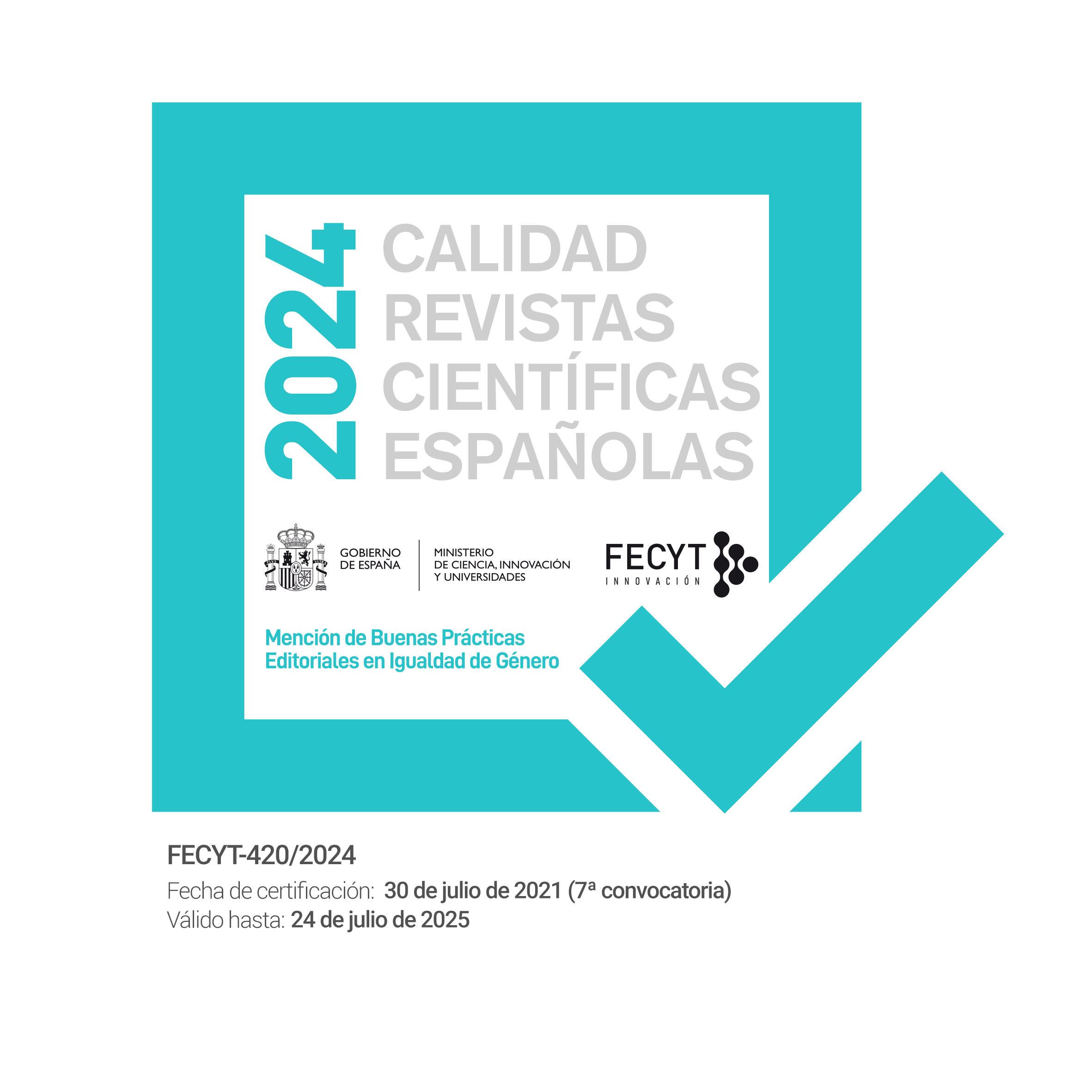The Neobaroque and the Revolution After the Revolution
DOI:
https://doi.org/10.1344/452f.2022.26.11Keywords:
Neobaroque, revolution, anti-capitalist critique, western metaphysics critique, language, bodyAbstract
The aim of this paper is to analyze the concept of revolution that is present in the neobaroque of Severo Sarduy. There is, in the work of the Cuban writer, a deep concern for redefining the idea of revolution in a context in which intellectuals like Octavio Paz announced its death. Facing this skepticism regarding the revolutionary, Sarduy did not opt for abandoning the idea of revolution, but he reworked it through the combination of a persistent critique of capitalism and the critique of western metaphysics that was present in French philosophy of his time. The union of both critiques is what makes his concept of revolution peculiar, in which language and body have a central place to raise the revolutionary.
Downloads
Published
How to Cite
Issue
Section
License
All contents published in the journal are protected under a Creative Commons BY-NC-ND license. This corresponds to legislation within Spain, and does not allow commercial use of the texts. It is not possible to modify the contents either.
General information.
Comparative Literature magazine 452ºF [ISSN 2013-3294] is a publishing project coordinated by Asociación Cultural 452ºF, and developed by its Editorial board.
Access to the Contents and Copyright.
All contents published in the journal are protected under a Creative Commons BY-NC-ND license. This corresponds to legislation within Spain, and does not allow commercial use of the texts. It is not possible to modify the contents either.
Every person has free access to the contents of the journal as long as they understand and assume that no profit is to be made on other people’s work.
In all cases, the original source name of the online journal and the article must be mentioned when used for any purposes.
Basic Conditions of all Call for Papers.
- 1. The author accepts that sending the paper:
- a. Does not guarantee the publication of it.
- b. Is done in accordance to the style-sheet of the magazine and the requirements of the specific call for papers.
- c. Implies the non-exclusive transferring of the first publication rights of the paper, as long as it is selected to be published in the journal, to theAsociación Cultural 452ºF, under a Creative Commons BY-NC-ND license.
- 2. The journal 452ºF, in due respect to moral rights of a copyright, guarantees that:
- a. All papers will be evaluated according to the procedure already mentioned.
- b. All authors will receive either a positive or negative answer to their sending a paper for publication.
- c. All papers will be published unabridged. The journal might make changes in the typographical disposition according to the needs.
- d. All papers will be published under a Creative Commons BY-NC-ND license.





